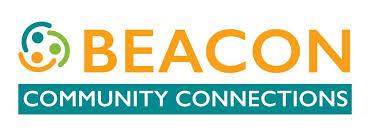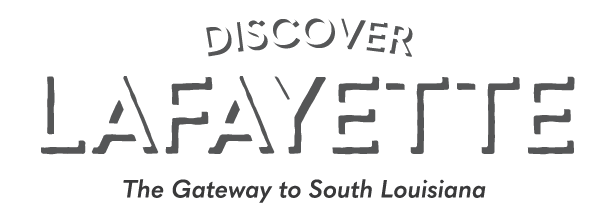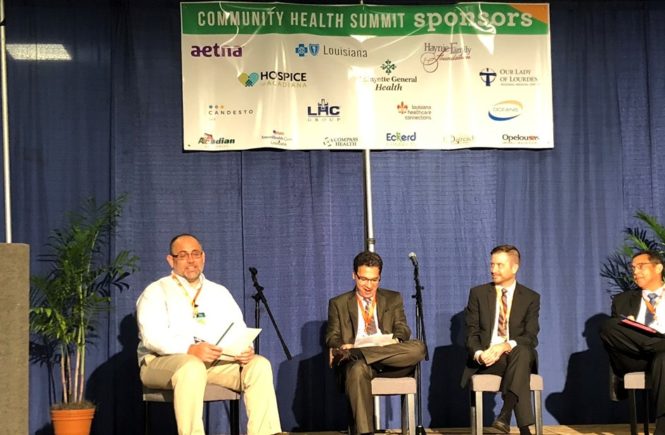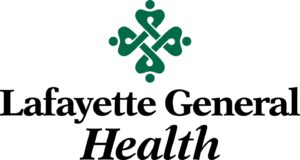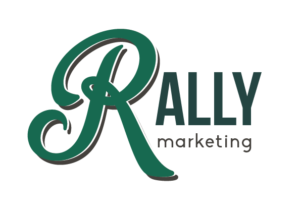Podcast: Play in new window | Download (Duration: 51:17 — 82.6MB)
This Discover Lafayette podcast was taped on September 2019,prior to the COVID-19 pandemic, and features a panel discussion on healthcare trends and disruptors led by Cian Robinson, Lafayette General Health Executive Director of Innovation, Research, and Real Estate Investment, at the September 2019 South Louisiana Community Health Summit organized by Beacon Community Connections.
Panel members joining Robinson included Gwen Guillotte, V. P. of Payor Strategies at LHC Group; Dr. Gary Wiltz, CEO of Teche Action Clinics; Kevin Callison, Ph.D., Professor of Health Economics at Tulane University; and Dr. Yiad Ashkar, Director of the Louisiana Center for Health Innovation at UL-Lafayette.
Focusing on the outside forces pushing the healthcare industry to switch from being reactive to proactive, Robinson asked a series of questions relating to “disruptors’ which are turning the traditional model of healthcare delivery on its head. Historically, the medical profession has not experienced competition, but the healthcare market is evolving quickly as information technology, smart devices, and retailers have entered the arena.
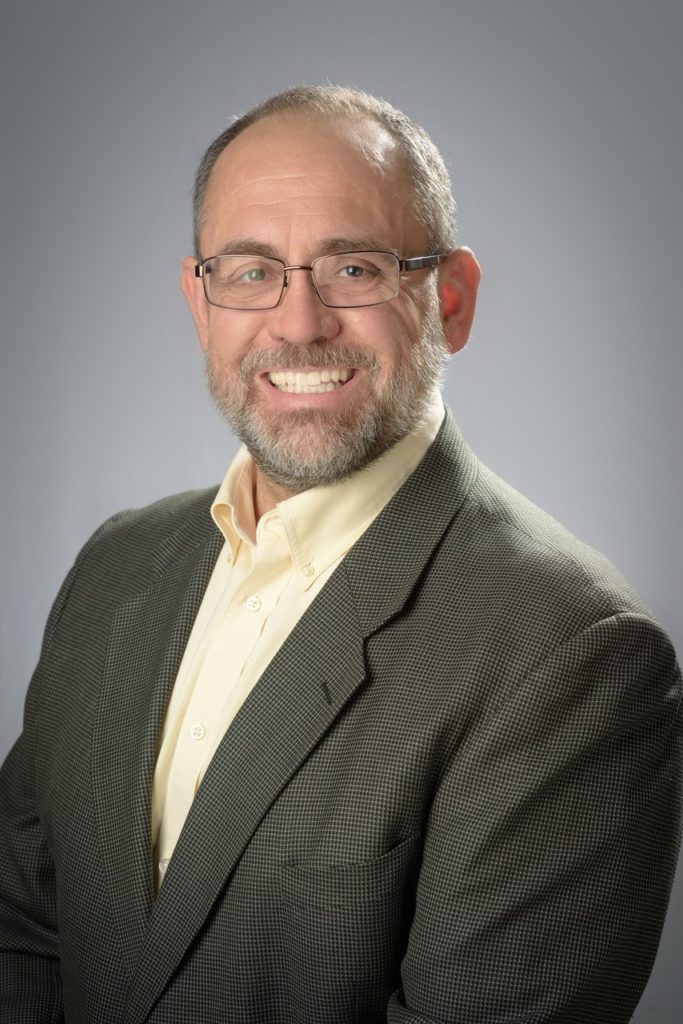
Cian Robinson began his career at Lafayette General Foundation (LGF) in August of 2014 as the Director of Development and Operations. In November of 2014, Cian was promoted to the position of Executive Director of the Foundation, and in 2018 was moved to the position of Executive Director of Innovation, Research and Real Estate Investments for Lafayette General Health System. In addition to his work at LGF, Cian is also an adjunct instructor at the B. I. Moody III College of Business Administration at the University of Louisiana at Lafayette.
While the traditional doctor’s office is open from 8 a.m. to 5 p.m. when most people are at work, consumers are clamoring for convenient options for healthcare delivery. If they can have groceries, meals, and products delivered to their home, they also expect to be offered more convenient ways to receive treatment for health issues.
Millennials are increasingly choosing urgent care centers in lieu of primary physicians, opting for more affordable and convenient access to medical treatment. Kevin Callison stated that “millennials will increasingly be the driving force where dollars are spent. The question is ‘Will there be healthcare alternatives different than the traditional models that older generations have been used to?'”
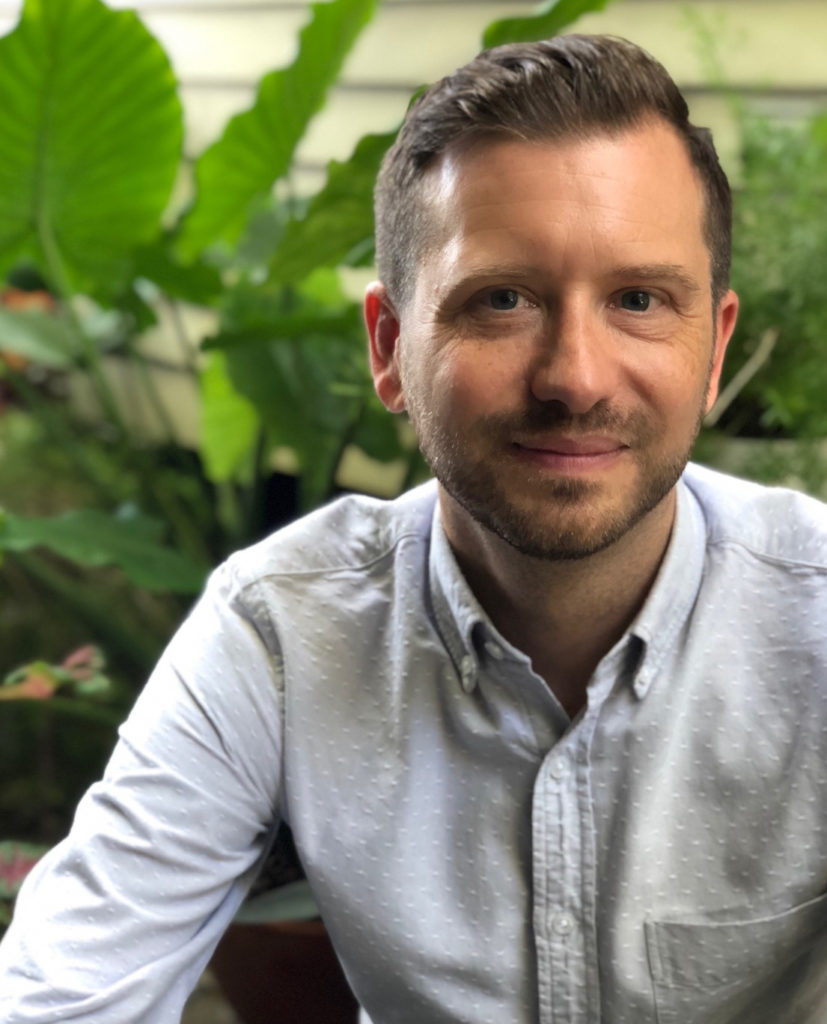
Kevin Callison, Ph.D., is an Assistant Professor of Health Policy and Management at Tulane University’s School of Public Health and Tropical Medicine. “Millennials will increasingly be the driving force where dollars are spent. The question is ‘Will there be healthcare alternatives different than the traditional models that older generations have been used to?'”
Dr. Gary Wiltz asked, “Do healthcare providers want to be “disrupted or disruptors? (Healthcare) markets who wait to adopt change will be replaced quickly by more agile technology.” Wiltz reminisced about his medical training at Tulane University years ago when Dr. Albert Hyman predicted that “50 years from now we’ll receive healthcare at Sears department store.” While it seemed a bit outlandish then, things have certainly evolved to validate Hyman’s prediction that medical care would have to change to meet the consumer where they are.
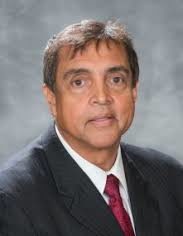
Dr. Gary Wiltz reminisced about his medical training at Tulane University years ago when Dr. Albert Hyman predicted that “50 years from now we’ll receive healthcare at Sears department store.” While it seemed a bit outlandish then, things have certainly evolved to validate Hyman’s prediction that medical care would have to change to meet the consumer where they are.
Non-traditional healthcare is being delivered by huge retailers such as Amazon, CVS, Apple, and Walmart, who are saying they want to take on the treatment of chronic conditions. Artificial intelligence (AI) targets patients “where they are” and can gather data about patients through use of technology such as Amazon’s Alexa (which has adapted HIPAA-enabled skills). Smart devices and wearables can easily gather a patient’s health data and share the results instantly with healthcare providers, negating the need to drive across town and wait for hours in a doctor’s office to discuss test results. Dr. Wiltz noted that since an EKG can be run on a smartphone and respiratory devices can also be monitored via smartphone, the current system will inevitably be displaced as these technologies become more mainstream. It also means that many, many jobs will be displaced by the use of artificial intelligence as technology evolves.
“Healthcare is late to the game on the consumer end of delivering services, but finally the voice of the patient is beginning to shine through,” according to Gwen Guillotte, “The goal needs to be to use data to be efficient. When you can retain that clinical excellence with enhanced technology, along with providing the human touch of the healthcare practitioner, that’s when you’ve done it, that’s when you’ve served your patient population.”
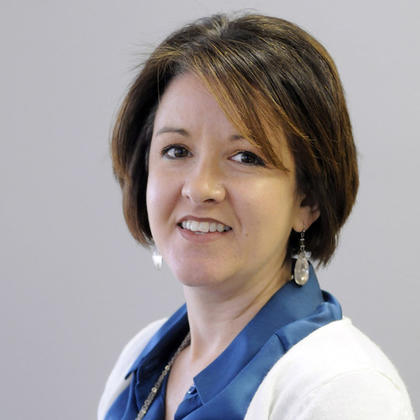
Gwen Guillotte serves as Vice President of Payor Strategies for LHC Group. She has responsibility for setting and implementing strategic plans with regard to contractual negotiations, financial projections, and the ongoing development of partnerships with third-party payors. Previously, Gwen served as Senior Director of the Healthcare Services Division of The Picard Group, leading a team that provided clients with executive-level consulting services in healthcare finance, reimbursement, revenue cycle operations, and managed care strategies.
Cian Robinson jokingly shared a “Yankee saying”, that “You always skate to where the puck is, not where it was,” and asked the panelists, “Where do we skate to?” Dr. Wiltz joked back with a “Cajun saying,” “Blessed are the flexible, as they will not be bent!” Several times during the discussion, Wiltz emphasized the necessity of “marrying high tech with high touch,” and believes that the social interaction between doctor and patient will always be important.
Dr. Ziad Ashkar has dedicated his professional career to improving health outcomes and believes a focus on the prevention of disease and investment in genomics (the study of genetics and its interplay with the environment) is key. “If we can find the best ways to help people by asking, “Is it their genetics, is it geographic, is it exercise, how do we best help the patient?” In his role as Director of Louisiana Center for Health Innovation at UL – Lafayette, Askhar leverages the power of public and private data for the benefit of patients, medical professionals and researchers to improve health outcomes.
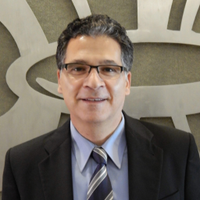
Dr. Ziad Ashkar is the Director of the Louisiana Center for Health Innovation (LCHI) at UL-Lafayette. LCHI is created to leverage the power of public and private data for the benefit of patients, medical professionals and researchers to improve health outcomes. Dr Ashkar is the current recipient of the Dr.J.Robert Rivet endowed Chair and the Acadian Ambulance Service/BORSF Eminent Scholar Endowed Chair in health informatics.
Dr. Wiltz stated that half of what doctors treat are preventable diseases. Getting people to take charge of their health and prevent disease through education and public policies such as outlawing smoking in public places are critical components. Government health policies can be a game-changer, and he pointed out that while smoking kills over a lifetime, you can die from vaping once. It will take a multi-faceted approach to turn the tide on the poor health outcomes experienced here in Louisiana.
Lafayette General Health System has taken a proactive approach to “consumerization of healthcare,” and Robinson stated they work to meet people where they are. Telehealth has been a major initiative to make the process of receiving health treatment more convenient and accessible, and more information about Health Anywhere, the health system’s virtual urgent care may be found at https://www.lafayettegeneral.com/about-us/news/lafayette-general-health-launches-health-anywhere. Lafayette General also has telemedicine clinics in St. Martin Parish public schools and will be rolling out similar programs in Vermilion and Acadia Parish schools through a USDA grant recently received.
